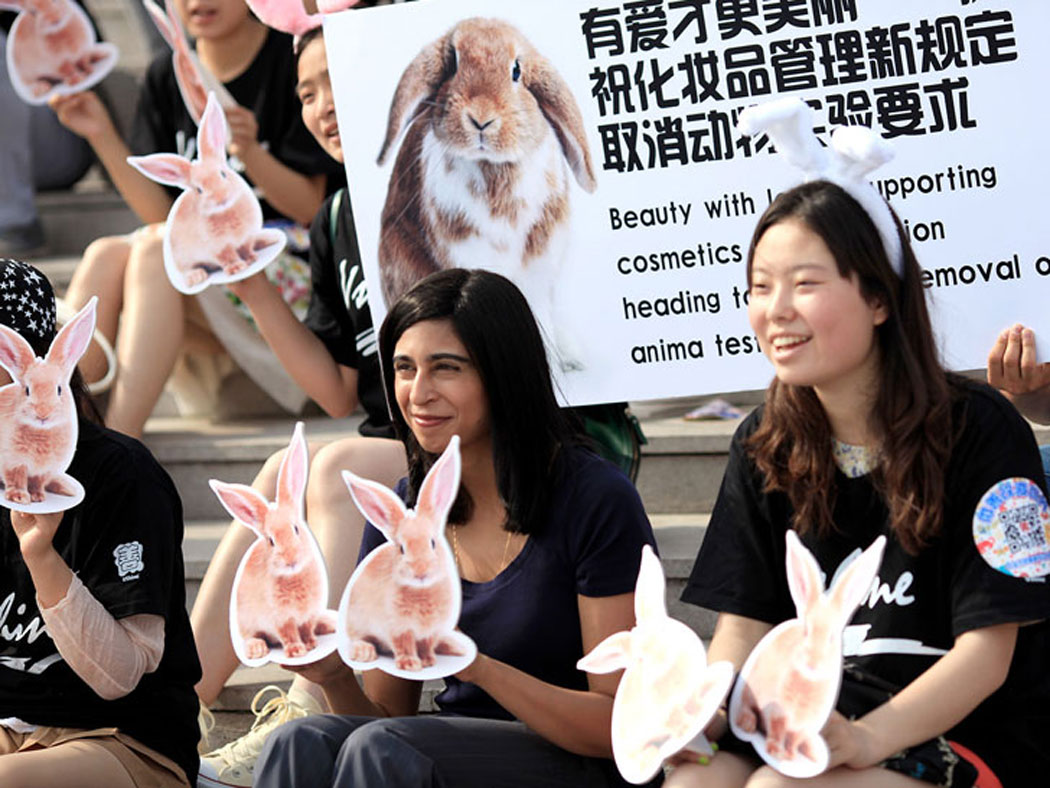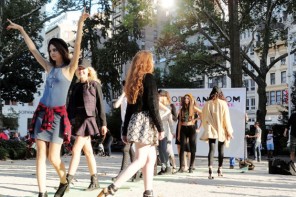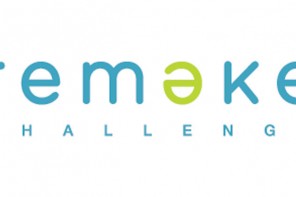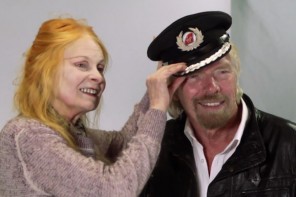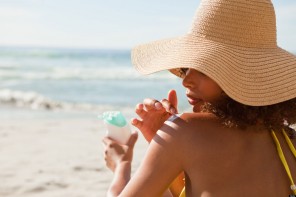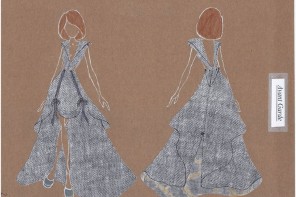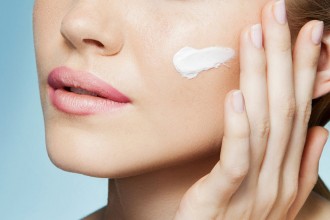China has taken another important step towards ending cruel animal testing for cosmetics. From June 30, animal testing for ordinary cosmetics produced and sold inside China will no longer be legally mandated. This historic rule change comes following two years of effort by the Be Cruelty-Free China campaign run by Humane Society International’s Beijing team and its Chinese animal group partners.
In Dalian, China, Be Cruelty-Free campaigners marked the occasion with an eye-catching street event featuring 100 life-size rabbit cut-outs and a huge banner. While in Beijing, a letter signed by HSI and more than 20 Chinese animal protection groups was sent to the China Food and Drug Administration to welcome the waiving of needless animal test requirements for cosmetic products as a pivotal moment in China’s journey towards 21st century approaches to safety testing.
In Hong Kong, Be Cruelty-Free’s corporate supporter LUSH Cosmetics celebrated with in-store events and a bunny flash-mob. While in the UK, world famous violinist Vanessa-Mae, a passionate animal advocate, sent a message of support to mark the occasion.
A step in the right direction
Peter Li, PhD, HSI’s China policy adviser, said: “This is an important first step for China in moving away from cruel and unreliable animal testing for cosmetics. Our Be Cruelty-Free campaign has worked hard to achieve this milestone, but we know much work remains before we eliminate all cosmetics animal testing in China, so we are not resting on our laurels. In making this rule change, China is acknowledging the global trend towards cruelty-free cosmetics, and that’s hugely significant.”
It is estimated that between 100,000 and 300,000 rabbits, guinea-pigs, mice and other animals have, until now, been used to test cosmetics in China every year. If every eligible company took advantage of the policy change, we estimate up to 10,000 animals a year could be saved in China. During cosmetics testing, animals can have chemicals dripped in their eyes, spread on their skin or force-fed to them in massive, lethal doses. As well as causing animal suffering, many of these tests are notoriously unreliable in predicting real chemical reactions in people.
Peter Li explains that the next phase in HSI’s campaign is to see the rule change applied to foreign imported cosmetics too, as well as to end ad hoc post-market animal testing whereby cosmetics already on sale are chosen at random for extra testing.
Li said: “We know that many cruelty-free companies will be keen to sell in China, but they need to be cautious. China will almost certainly increase its post-market surveillance testing, so I’m afraid for the time being it is impossible for a cruelty-free company to manufacture and sell in China without the risk that its products will be dripped in a rabbit’s eyes or forced down a mouse’s throat. We’re determined to end all such suffering, and this rule change is a step in the right direction, but we’re not there yet.”
Global cruelty-free retailer and Be Cruelty-Free campaign supporter, LUSH Cosmetics, does not sell in China because animal testing contravenes its strict ethical policy.
Hilary Jones, LUSH ethics director, said: “LUSH is very pleased to see the recent changes that the Chinese authorities have made to the testing requirements for domestic produced products. We hope this is a first step towards legislation that fully eliminates animals from testing requirements. LUSH and other cruelty-free companies are still unable to trade in China currently, as this legislation does not allow for fully non-animal tested cosmetics to come to market. We look forward to further progressive legislation in this area which will put China on par with Europe which would allow Chinese cosmetics companies to trade into Europe and allow us to operate cruelty-free in China.”
China cosmetics animal testing after 30 June:
- Foreign imported ordinary cosmetics – still require animal testing
- Domestically produced ordinary* cosmetics – animal testing no longer an absolute requirement
- Both foreign imported and domestically produced ‘special use’** cosmetics – still require animal testing
- Domestically produced ordinary cosmetics for foreign export only – have never required animal testing
- Any cosmetic bought in China via a foreign e-commerce website – has never required animal testing.
*‘Ordinary’ cosmetics include make-up, fragrances, skin, hair and nail care products.
** ‘Special-use’ cosmetics include hair dyes, perms and hair growth products, deodorants, sunscreens, skin-whitening creams, and other products that make a functional claim on the label.
HSI will continue to work with Chinese regulators to increase access to and acceptance of superior non-animal test methods. In May, an $80,000 grant from Humane Society International, The Humane Society of the United States and the Human Toxicology Project Consortium funded hands-on training by the Institute for In Vitro Sciences to teach Chinese scientists how to use in vitro methods to test cosmetics instead of using live animals. In vitro and other non-animal techniques have only recently been adopted in China, and most Chinese scientists have limited access to them.
Be Cruelty-Free is the largest campaign in the world to end animal testing of cosmetics, and leads efforts across Australia, Brazil, Canada, India, Japan, Korea, New Zealand, Russia, Taiwan and the United States. A host of celebrities including Sir Paul McCartney, Ricky Gervais, Melanie C and Leona Lewis have given the Be Cruelty-Free campaign their backing. Chinese film star Zhu Zhu is Be Cruelty-Free China’s Ambassador.

